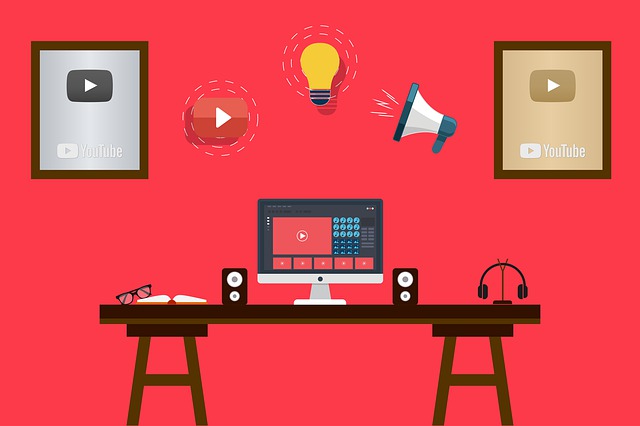Technology like social media has many fantastic advantages. Individuals may interact and exchange, learn news and information, and even meet new individuals thanks to it. However, there can also be a drawback, particularly for college-age young adults who were raised in a screen-centric society.
The use of social media has been connected to loneliness, anxiety, and depression. According to recent studies, those who use social media regularly report feeling less pleased and more melancholy than those who spend more time doing things unrelated to screens.
Table of Contents
Social Media Impact on Mental Health
Let’s explore how social media can harm your mental health and how you or a loved one can use it more healthily.
-
The False Narrative About the Fun of Filters
Filters are a good example field service app of how social media can be both beneficial and harmful. While amusing filters are fun, the capacity to quickly whiten teeth, airbrush body parts, and conceal flaws can lead to deceptive impressions.
Even if you are aware that posts are carefully curated and edited, viewing other people’s flawless highlight reels on a regular basis might make it seem difficult to live up to other people’s lives. Try to see filters for what they are—a fun way to alter your appearance when you are online but nothing you need to duplicate.
-
The Missing Out Sentiment
Another reason why surfing through social media is so alluring is FOMO, or fear of missing out. You could be concerned about missing a message, an inside joke, or another nugget of knowledge when your friends and classmates are on social media.
However, frequent checking and scrolling can be damaging to learning and your job in the classroom. Procrastination, worse information retention, and increased stress are all possible effects of distraction. When you read articles about other people having a nice time, you could also feel excluded, lonely, or anxious.
Having access to the entire digital world can make it difficult to get out and make genuine social relationships and in-person conversations. Whenever possible, make an effort to meet up with pals in person rather than talking on the phone or online.
-
How to Stop Adverse Social Media Practices
Using social media less frequently than usual can help you feel less depressed and lonely. Even while it’s doubtful that you or someone you know will completely stop using social media (because there are undoubtedly some benefits), it’s crucial to be self-aware and notice these warning signs:
- Anxiety, despair, and/or loneliness are more prevalent.
- Using social media more often than interacting with friends and family.
- Constantly comparing oneself to others or experiencing jealousy.
- Being cyber-bullied or trolled online.
- Putting oneself in danger or posting ridiculous images to get likes and comments.
- Recognizing that your relationships and academic performance are deteriorating.
- Neglecting self-care activities including exercise, sleep, and mindfulness.
Reduce your time spent on social media if you notice any of these red flags. This may entail establishing screen time limitations, putting time limits on particular mobile apps, or designating specific hours for checking your accounts. Some people even discover that taking an occasional “detox” from social media might help them concentrate on their relationships and mental health.
What more things can you do to avoid using social media?
- Create a modest gathering.
- Spend some time exercising outside.
- Locate a volunteer opportunity
- Spend some time with a close friend in person.
The Bottom Line
Schedule a meeting with your healthcare practitioner or a staff member from the campus health center if you or someone you know is struggling to break bad social media habits or still experiences anxiety or sadness. They can do a depression and anxiety screening and suggest a plan of action that is suitable for you.
Follow Techia for more!













